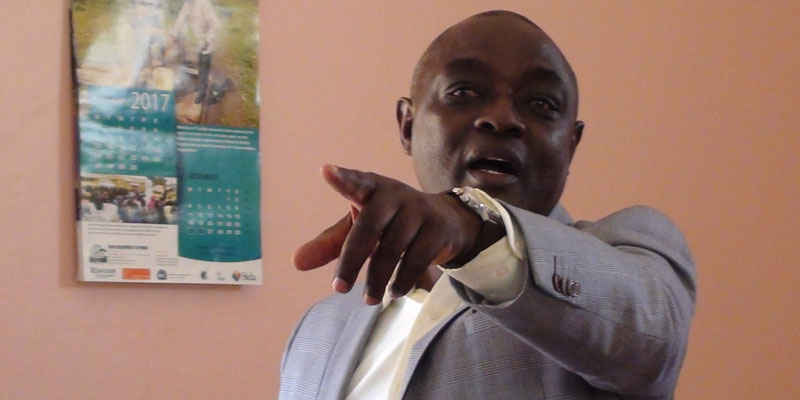
Members of Parliament have tasked the Ministry of Agriculture to speed up efforts in delivering projects to intended beneficiary communities.
MPs on the Committee on Agriculture, Animal Industries and Fisheries raised concern that funds approved by Parliament and disbursed to the Ministry are not being utilised well and in time.
While meeting officials from the Ministry in charge of implementing the Regional Pastoral Livelihood Resilience Project to benefit pastoral communities in Uganda, MPs noted that nothing much had been done on the project.
“None of the MPs in the project area has any information on the project. Why is there no physical evidence on the implementation yet the project has already gone three years in,” asked Hon. Kenneth Esiangu (IND, Soroti County).
The MPs were receiving a report from Ministry officials led by the Assistant Commissioner Animal Production, Dr. Steven Kajura. They presented a report on the implementation of the project whose timeline is scheduled to end by 31 December 2019.
Dr. Kajura, who is also the project National Coordinator, assured the MPs that despite the lag in achieving the project timeline, designs and feasibility studies for three valley dams and one valley tank had been completed. He added that formal land access for construction of valley dams to increase water access to the beneficiary communities had been endorsed.
He, however, noted that that there had been slow absorption rate of funds in some districts citing limited manpower especially for agricultural extension workers to engage communities.
“As of 15 June 2018, we received a loan of shs36.8 million from the World Bank and have disbursed only shs14.7 million which accounts for 40 per cent of the money used. We therefore, have an undisbursed balance of shs22.08 million,” Dr. Kajura said.
The Committee chairperson, Hon. Janet Okori-Moe noted from the report that some communities that were supposed to benefit from the project had not been effectively engaged, which could have slowed the progress of implementation.
“I see that community engagement was weak; but have you engaged the community leaders? These people can help to break ground for you with their community members,” said Okori-Moe.
MPs also expressed discontent with the slow processing rate of loans for implementation of several projects in the country, saying that the loan to effect this particular project had delayed yet the expiry of the project is near.
“I am disappointed with the way loans are processed slowly, because the loan for this project was effected on 3 November 2015 yet the planned project implementation start date was supposed to be 1 July 2014,” noted Hon. Francis Gonahasa (FDC, Kabweri County).
He advised that Uganda needed to benchmark with dry weather countries like Botswana in Southern Africa and Israel in the Middle East, which have embraced advanced irrigation and set up over 500km of irrigation pipes to support agriculture and facilitate valley dams.
The Regional Pastoral Livelihood Resilience Project Uganda that covers 12 districts of north and eastern Uganda aims at enhancing sustainable management and securing access by pastoral and agro-pastoral communities to natural water and pasture resources with trans-boundary significance.
